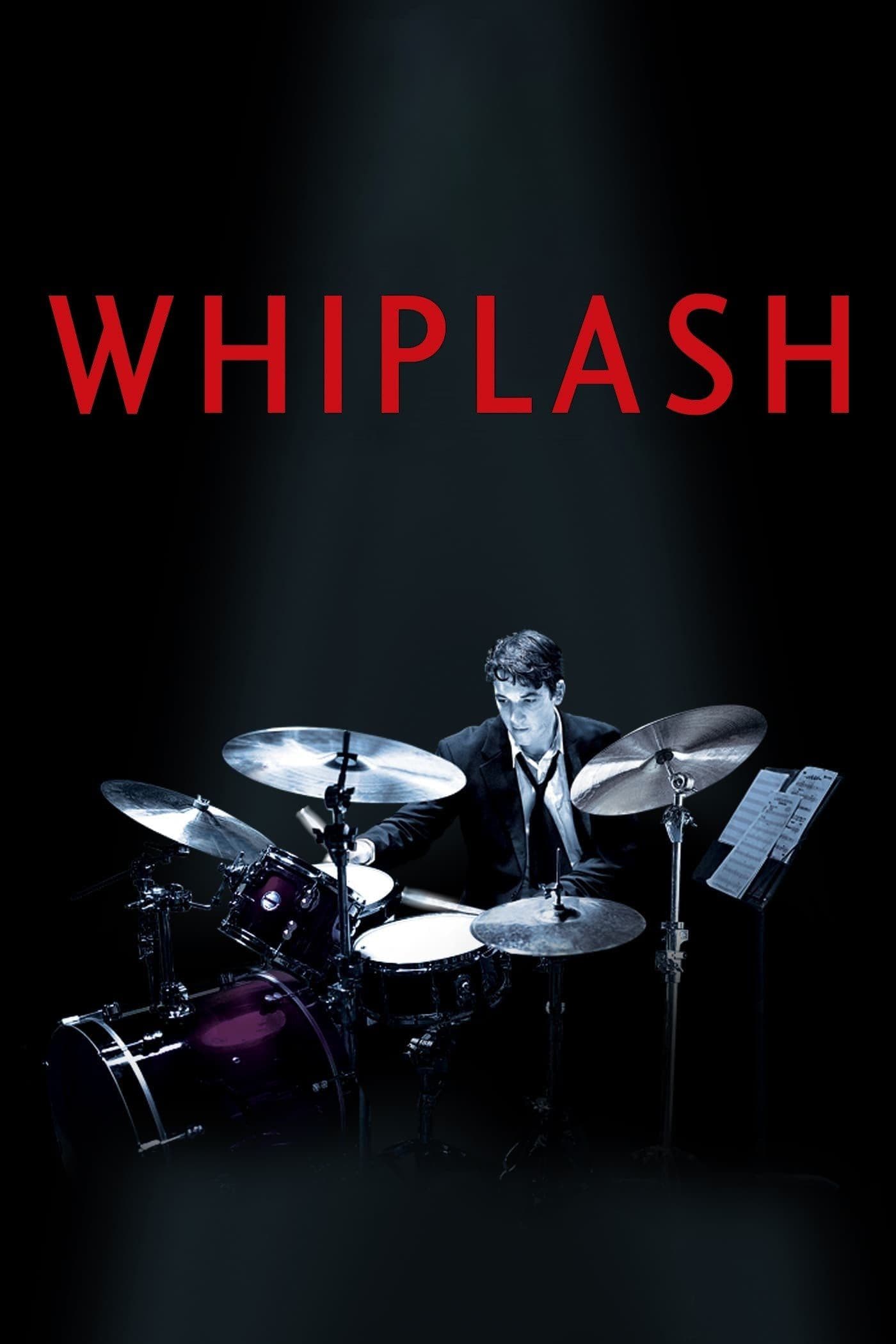
Whiplash
2014
Rate this movie
Average: 0.00 / 5
(0 votes)
Director
It would be an insult to define twenty-nine-year-old Damien Chazelle as a promising filmmaker on his second outing, because Whiplash is objectively an absolute masterpiece, crafted with masterful skill and seasoned expertise, capable of garnering acclaim and admiration from both audiences and critics. His ability to condense such a powerful narrative and impeccable technical execution into just over one hundred minutes, drawing vital essence from his previous eponymous short film – almost a sublimated and perfected dress rehearsal – reveals an artistic maturity that transcends his chronological age.
Indeed, we are talking about a film with a limited budget (barely 3 million dollars, a negligible sum in the Hollywood landscape) that technically appears to have been made by a director with immense technical prowess and decades of experience in filmmaking. The way Chazelle manipulates the visual and emotional rhythm is almost virtuoso: the frenetic editing, often syncopated like snare drum hits, not only propels the narrative forward but amplifies the psychological tension and the physicality of the musical performance. Every cut, every close-up on Andrew's bloody hands, on the beaded sweat, or on Fletcher's icy gaze, is calculated to maximize impact. The meticulous attention to sound design, where the sound of drumsticks hitting the cymbal or the incessant drumming becomes almost a character in itself, testifies to a profound understanding of cinema's sensory resonance.
One is rather led to wonder how such a crystalline talent emerges and what formative foundations allowed him to achieve such a directorial level. The secret, perhaps, lies in the film's deep and authentic autobiographical resonance. Chazelle himself, a former jazz drummer with an experience similar to Andrew's in a competitive orchestra, pours into the film not only his passion for music, but also the torment, the iron discipline, and the almost monastic dedication required to achieve excellence. It is not mere fiction, but the cinematic translation of a lived experience, which bestows upon the work undeniable authenticity and an almost painful intensity.
Whiplash is essentially an act of love – or perhaps a brutal exploration of the limits of that love – for Jazz. Everything in this film is encoded with the syncopated and libertarian language of Jazz: from the narrative, which proceeds in jolts and sudden accelerations, to the actors' performances, which move in an improvised duel of give-and-take, to the use of lights that sculpt spaces with sharp, dramatic contrasts, finally culminating in the soundtrack, the true vital pulse of the story. The music is not merely accompaniment, but the connective tissue and the very metaphor for the struggle for perfection. The film captures the paradox of jazz: its apparent freedom is the fruit of iron discipline, of impeccable technical knowledge that then allows for the exploration of uncharted territories.
It is the story of an obsession: that of Andrew, a young jazz drummer, to play with the orchestra of the Shaffer Conservatory in New York, a temple of musical excellence. But it is an obsession that blurs the lines between ambition and self-destruction, between the pursuit of greatness and the loss of self. Andrew is driven by an insatiable hunger, a hunger not for fame or wealth, but for that unrepeatable moment of pure, transcendent artistic perfection.
Andrew manages to join the orchestra as a reserve drummer under the command of the terrible Terence Fletcher, the orchestra's conductor and mentor. Fletcher is a kind of Sergeant Hartman in the musical field: a magnetic and intimidating tyrant, whose educational philosophy is based on the conviction that only by pushing individuals beyond every known limit can their true potential be unleashed. He brutalizes and tyrannizes the young people in his ensemble, publicly humiliating them, throwing chairs, destroying nascent careers, and breaking spirits, all to get the utmost from them, to squeeze their young talents to the limits of human possibility in order to achieve performances of rare executive perfection. The comparison with the character from Full Metal Jacket is apt, but Fletcher adds a layer of subtle psychological manipulation and motivational depth that makes him even more unsettling. It is not just sadism; it is a twisted and puritanical devotion to art, which believes in suffering as a catalyst for greatness. It is a raw reflection on the thin line that separates motivation from abuse, and on the ethical validity of methods that, while leading to exceptional results, leave behind a trail of human ruin.
With Andrew's arrival, Fletcher focuses on him, recognizing in that young man the same obsessive spark of ambition, and pushes him beyond the threshold of his physical and mental endurance in an attempt to find a perfect rhythmic foundation for his orchestra. The relationship between the two transforms into a macabre dance of manipulation and resilience, an antagonistic master-student relationship that is both repulsive and strangely fascinating.
After tremendous difficulties, sleepless nights, bleeding hands, and public humiliations, Andrew seems to find that alchemy sought by Fletcher, that elusive "nuance" that separates a good musician from a legend. But at the decisive test, the impact of Fletcher's pressure and manipulations causes Andrew to fail. Having left the orchestra and traumatized, he allows his father to convince him to report his teacher's brutal methods, leading to Fletcher's dismissal from the conservatory and an apparent triumph of justice.
Some time later, Andrew and Fletcher reunite, and it becomes an occasion for a confrontation with an unpredictable outcome. What appears to be a routine concert transforms into a trap laid by Fletcher, an act of vengeance disguised as an opportunity. But Andrew, instead of giving up, retaliates. And here we reach the climax of the work.
The final scene is marvelous, Andrew's solo pulsing like the rhythmic beat of the wind spreading through the air like an unstoppable hurricane. It is not just a solo; it is a declaration of war and at the same time a surrender, a silent dialogue between two titans, each pushing the other to the extreme limits. The camera draws ever closer, the editing becomes frenetic, sweat and blood mingle with the insistent rhythm. Andrew, with a superhuman effort, overcomes his own fear and, in that moment, rises beyond Fletcher's expectations and tortures. The sequence is a cathartic explosion of energy and technical perfection, yet also deeply ambiguous: is victory truly such if achieved at such a devastating cost? Fletcher's final gesture, an imperceptible, almost paternal, nod of approval, suggests a strange form of mutual respect, perhaps even a love for art that transcends personal hatred. It is an ending that offers no easy answers, but leaves the viewer to ponder the nature of genius, sacrifice, and the price of greatness.
Main Actors
Country
Gallery
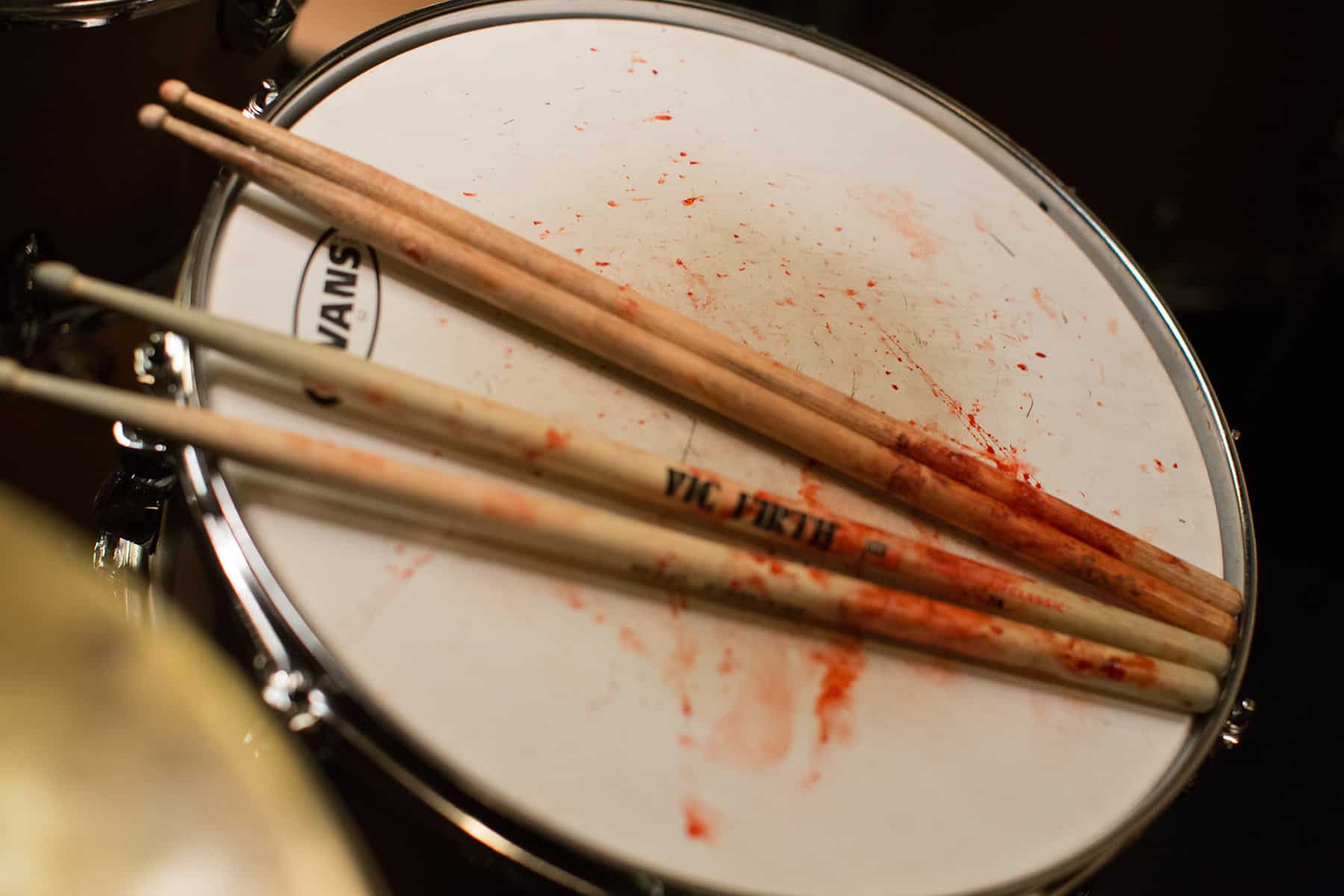

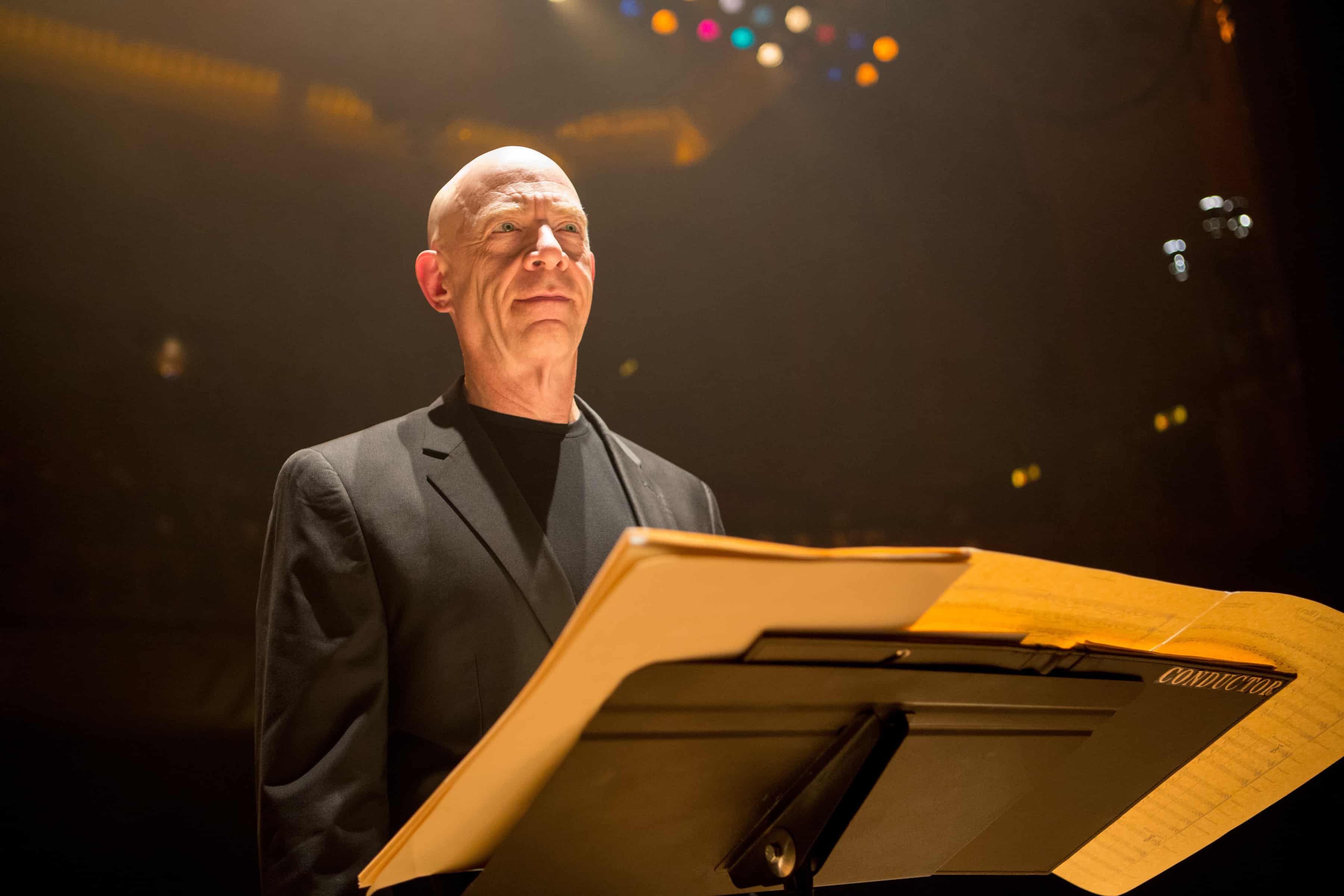

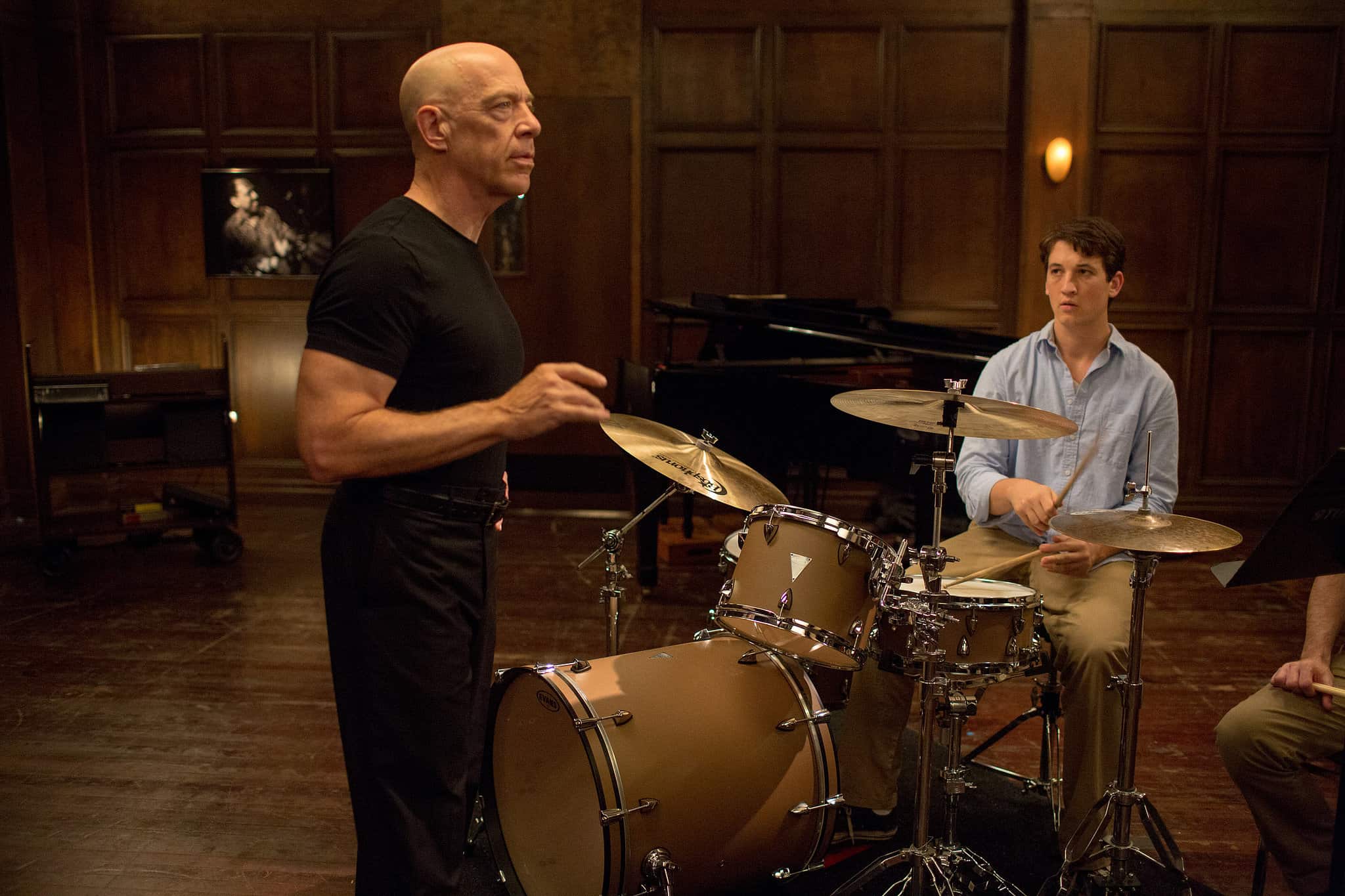


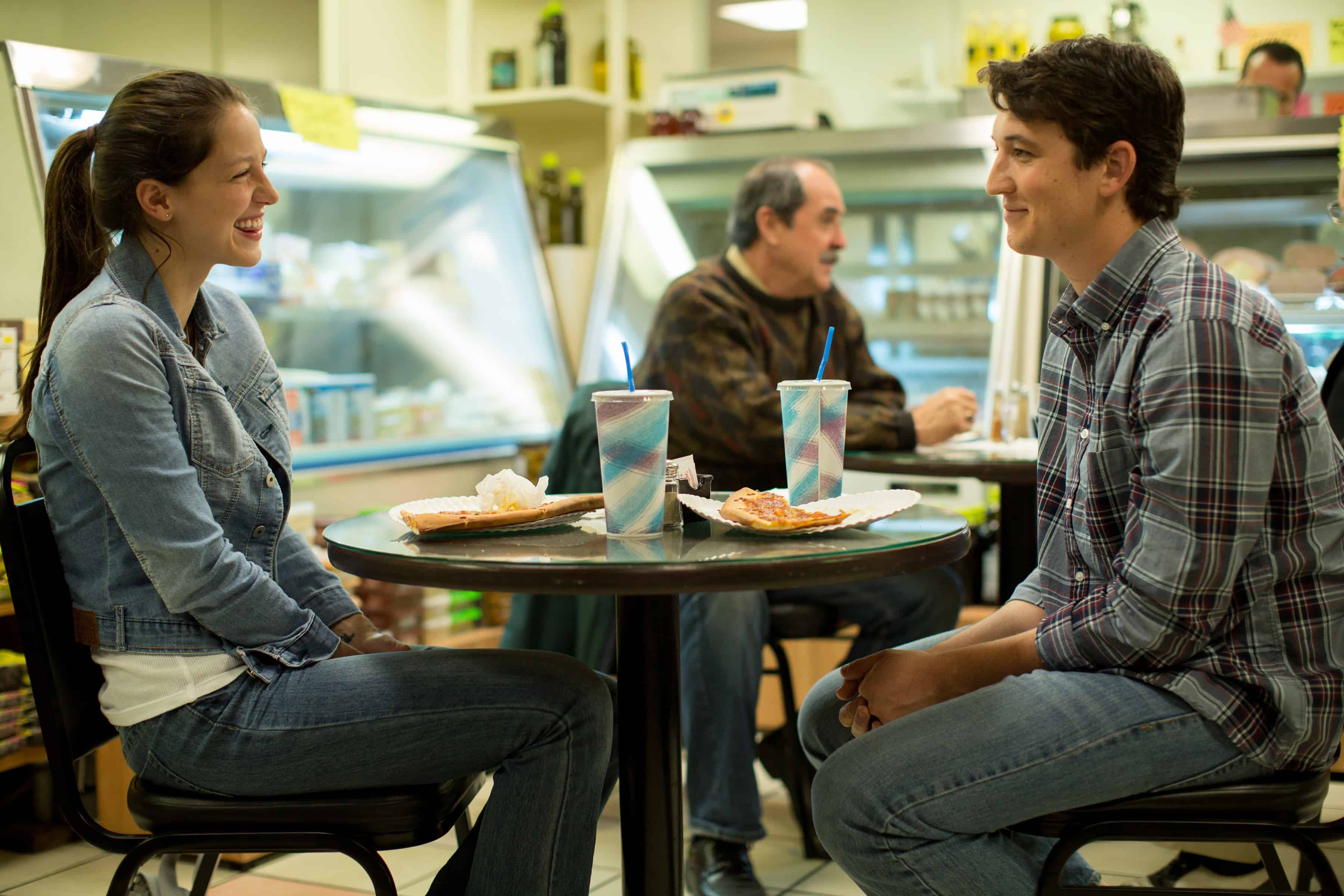
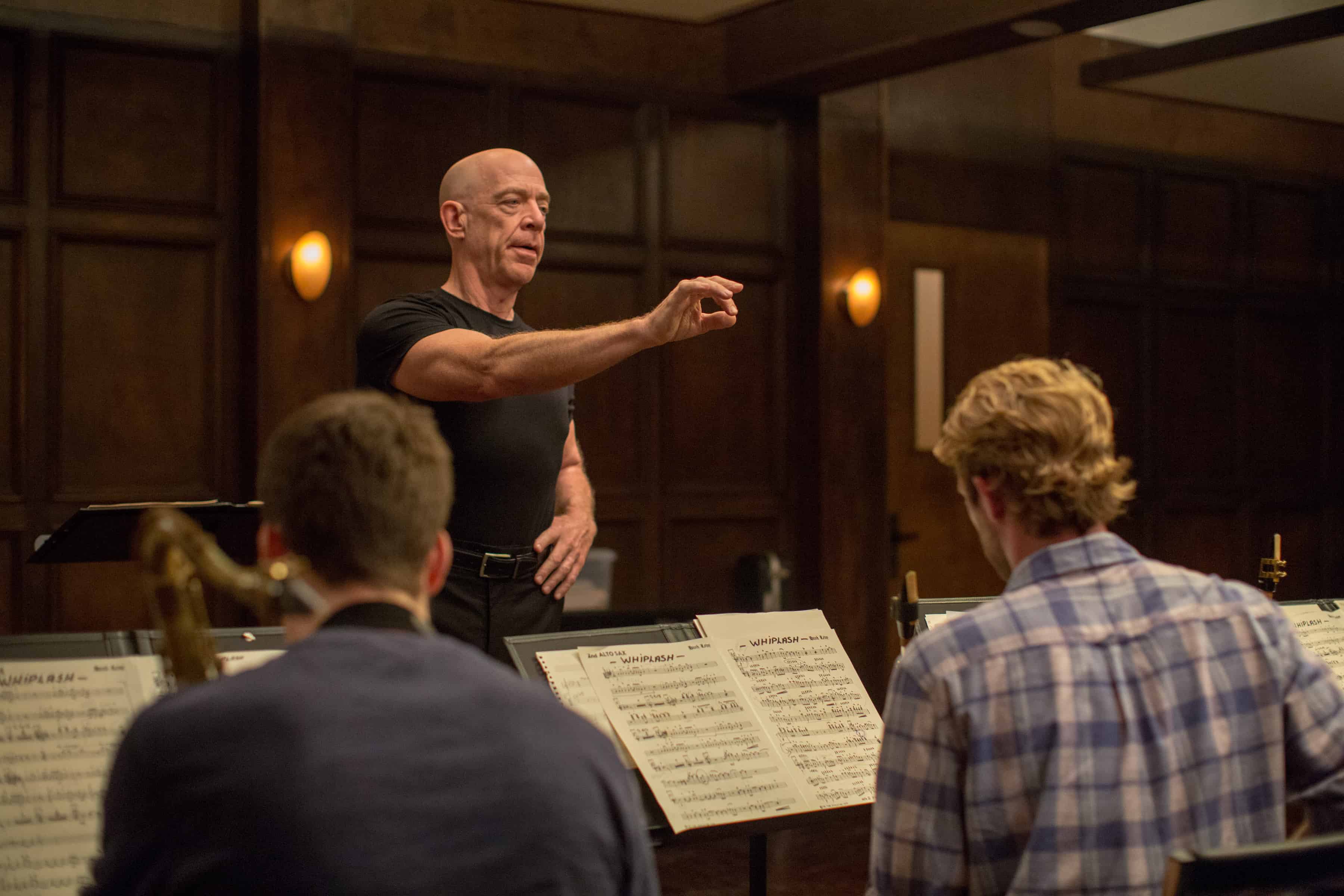

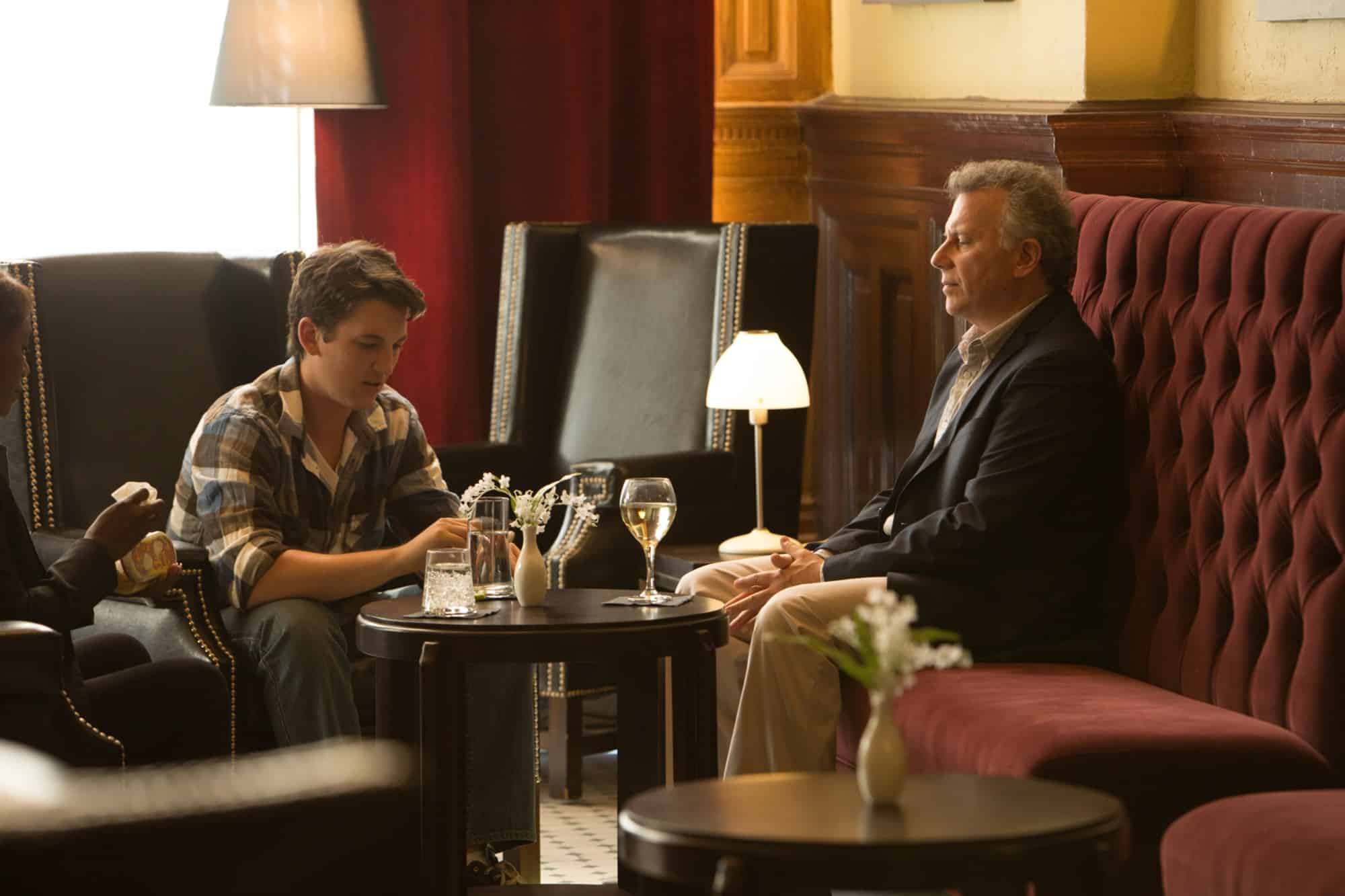
Comments
Loading comments...